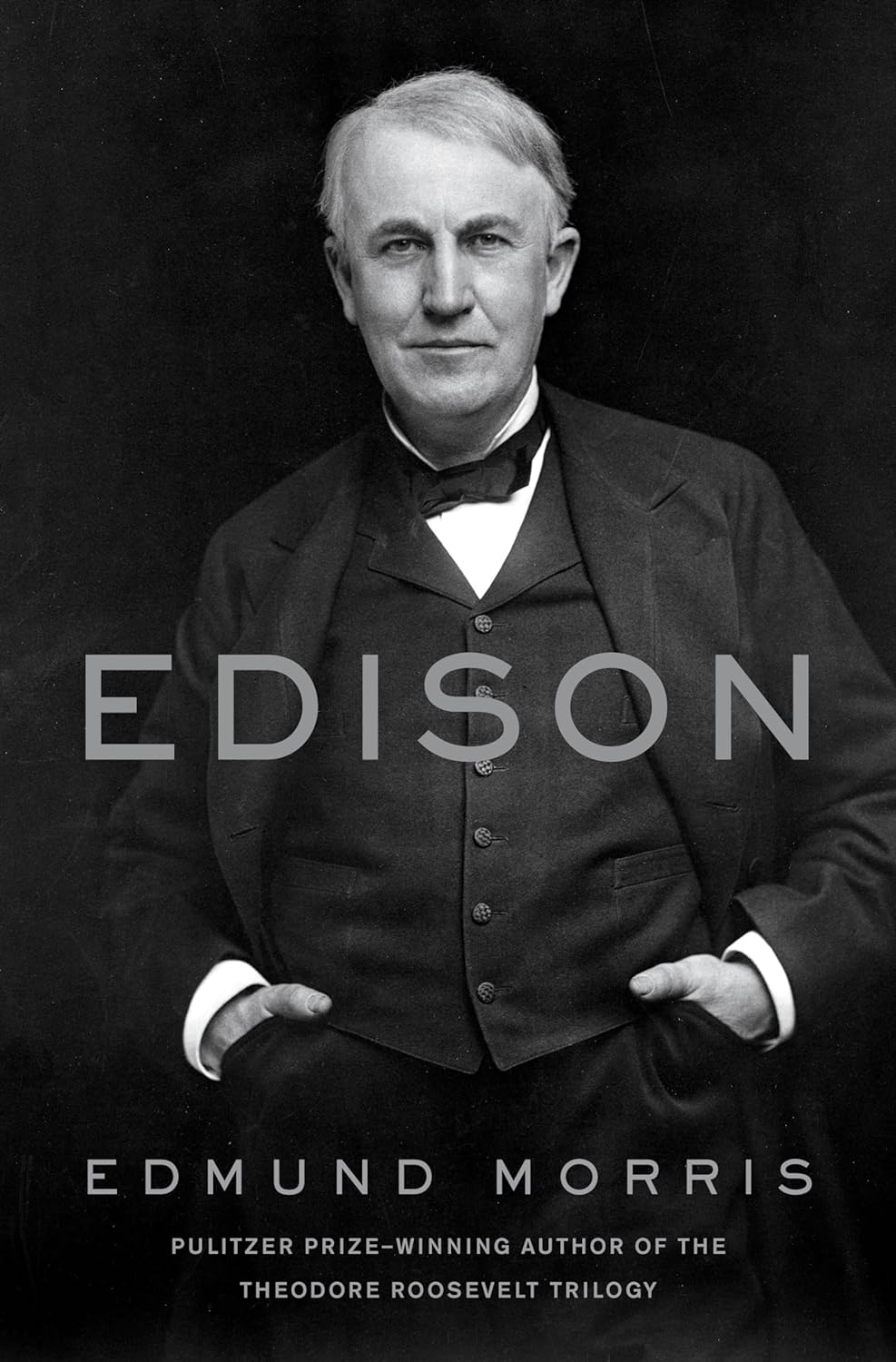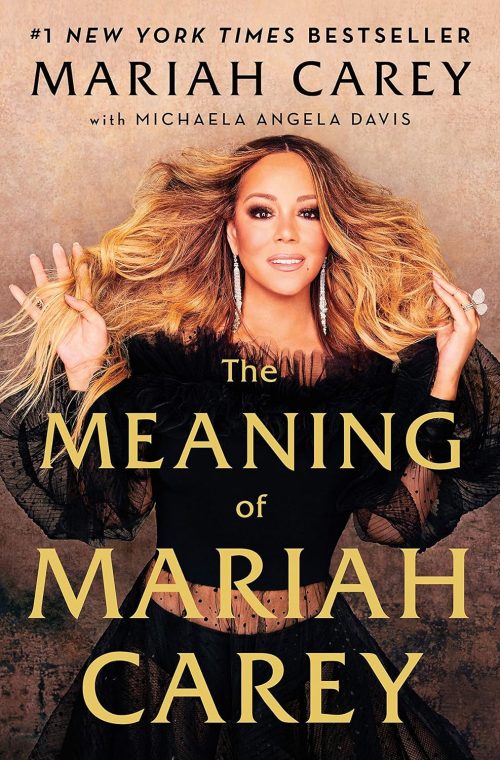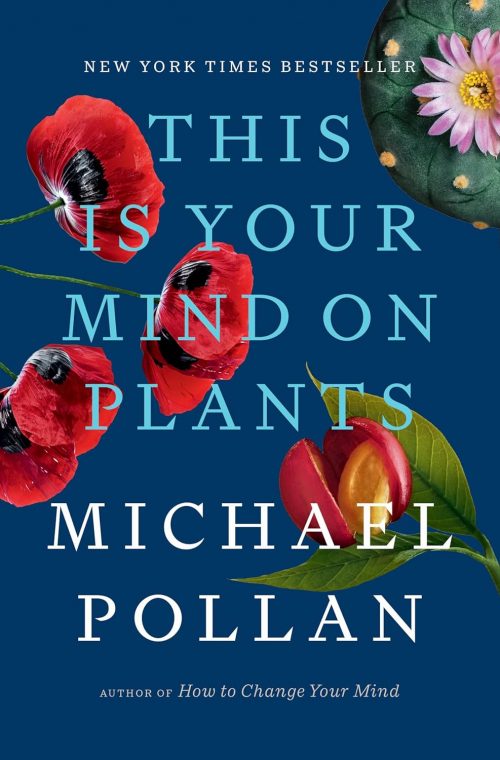Edison
In the realm of biographical literature, few subjects glitter as brightly as Thomas Alva Edison, an emblem of inventive genius. Edmund Morris’s “Edison” is the latest monumental biography that not only explores the vast landscape of Edison’s achievements but also illuminates corners of his life that have lingered in obscurity. This comprehensive portrayal breathes new life into the figure often hailed merely as the inventor of the incandescent lamp, delving into the depths of his intellectual pursuits and personal trials with the finesse expected of a Pulitzer Prize-winning author.
Edison’s famed inventions, including the phonograph and the practical electric light bulb, unquestionably transformed society. However, as Morris vividly illustrates, these monumental achievements cast a long shadow over his subsequent innovations in fields as diverse as chemistry, botany, and even wartime defense. Through the lens of “Edison,” readers encounter a figure of relentless curiosity and near-boundless creativity, whose life’s work extended far beyond the confines of any single invention or discovery.
Morris’s narrative is enriched by an exhaustive examination of over five million pages of documents from Edison’s laboratory and private family papers, which unveil intimate details of his personal life. Edison, as Morris shows, was not just an iconic inventor but also a complex man—an often neglectful husband and father, whose relationships with his two wives and six children were marked by both adoration and autocracy. This humanization of Edison contributes significantly to understanding the paradoxes that defined both his personal life and professional career.
One of the strengths of Morris’s biography is his dispelling of myths, particularly the alleged enmity between Edison and Nikola Tesla. Morris presents a nuanced view of their relationship, characterized by mutual admiration tempered by caution, thus shedding light on another facet of Edison that history has sometimes overlooked.
Morris’s background as a trained musician especially comes to the fore as he explores Edison’s obsession with recording technology. This focus on sound technology, along with Edison’s efforts towards the synchronization of movies and sound, is portrayed with a depth that underscores Morris’s own expertise and passion for the subject.
The narrative style of “Edison” mirrors the inventor’s own essence—meticulous, informative, and yet, profoundly engaging. Morris’s prose, packed with detail yet remarkably readable, brings an overwhelming force of nature to the page. Readers are not merely spectators but are immersed in the turbulent currents of Edison’s creativity and drive.
In conclusion, Edmund Morris’s “Edison” is not only a study of a man who significantly shaped modern life but an intricate look at how his inventions, and his very persona, rippled through the fabrics of various scientific and personal dimensions. This biography, undoubtedly a significant scholarly resource, also stands as a compelling narrative that captures the essence of an indefatigable inventor and the complexities of genius. “Edison” gives the storied inventor his biographical due with both the gravity and grace his legend demands.









Reviews
There are no reviews yet.